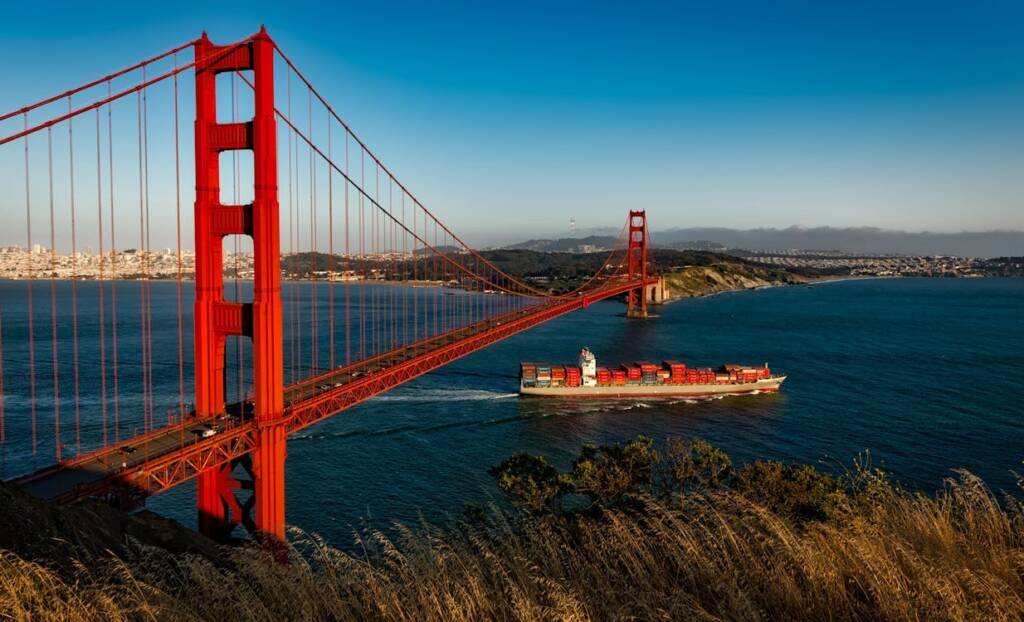Q During the transportation of international trade, LCL is an economical and efficient way to transport small quantities of goods in a centralized manner. Today, we will bring you to have a deep understanding of LCL and reveal the secrets of this link for you.
What is LCL?
LCL, as the name implies, means that when the goods of multiple shippers are at the same destination, they can be transported in one container. This method is particularly suitable for small quantities of goods and can reduce costs to a large extent. Compared with full container transportation, LCL is more flexible and economical. LCL can be transported by sea, air, and rail.
The difference between full container and LCL
- Full container transportation: suitable for large quantities of goods, controlled by the shipper during the process, with high security. But the cost is relatively high.
- LCL transportation: suitable for small quantities of goods, the goods of multiple shippers are transported together, and the cost is lower. However, it should be noted that the goods may be mixed with other goods during transportation, which poses certain safety risks. LCL cannot issue shipowner bills of lading, only freight forwarder bills of lading can be provided.
III. Notes on LCL shipment


Notes on LCL shipment
1. Accurately calculate the volume and weight of the goods: During the LCL process, the volume and weight of the goods must be accurately calculated to ensure that the container space is fully utilized. At the same time, avoid overloading to avoid additional costs during the transportation.
2. Choose the appropriate loading method: Choose the appropriate loading method according to the characteristics and requirements of the goods. Avoid the movement or damage of the goods during the
transportation. For example, use appropriate fillers or fixtures to stabilize the goods.
3. Updated cargo information in a timely manner: Ensure that the consignee can accurately track the status of the goods. This can not only improve logistics efficiency, but also reduce additional costs caused by information delays.
4. Choose a reliable logistics service provider: Ensure that the goods arrive at the destination safely and timely. When choosing a logistics service provider, consider its reputation, price, service quality and other factors.
International Logistics Double Clearance Tax Door To Door
Notes on LCL export
1. Comply with the laws and regulations of the exporting country: Ensure that all documents and procedures are complete. This includes necessary documents such as customs declarations, commercial invoices, and packing lists. At the same time, understand and comply with the relevant laws and regulations of the importing country.
2. Choose a suitable port: consider cost, timeliness and convenience. Different ports may unlike in terms of fees, transportation, etc., so it is necessary to choose a suitable port for import and export operations according to the actual situation.
3. Reasonably arrange the loading time: avoid delays and additional costs. When arranging the loading time, factors such as cargo preparation time and transportation time should be fully considered to ensure that the goods can be loaded on time and exported smoothly.
4. Purchase cargo insurance: provide additional security for the goods. During the transportation, various unforeseen risks and losses may be encountered. Purchasing cargo insurance can provide additional protection and compensation for the goods.

Analysis of the advantages and disadvantages of sea freight LCL
Advantages:
reduce transportation costs, improve logistics efficiency, high flexibility, etc. Especially in the transportation of small quantities of goods, LCL has obvious advantages.
Disadvantages:
Goods may be mixed with other goods during the transportation. LCL cannot issue a carrier’s bill of lading, but only a freight forwarder’s bill of lading. Customs clearance at the port of destination may affect the customs clearance time of goods due to the efficiency of the freight forwarder’s overseas agent. Therefore, when choosing LCL transportation, you should choose a reputable freight forwarder and consider the potential risks fully and limitations of LCL transportation.



